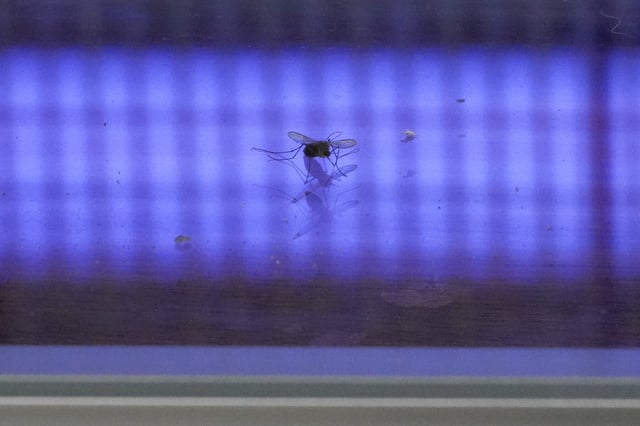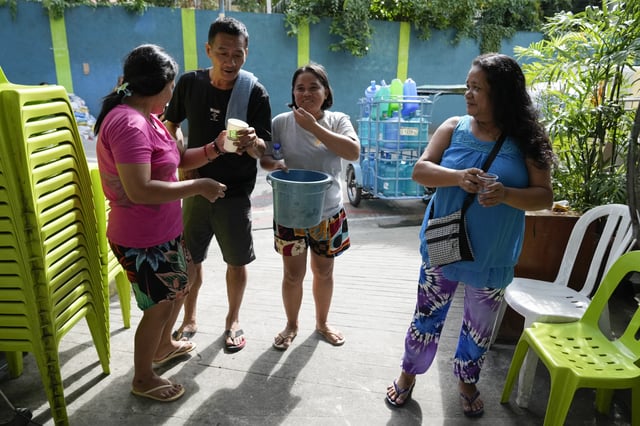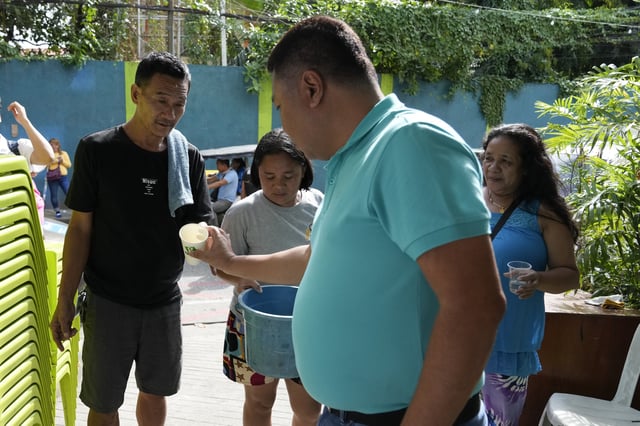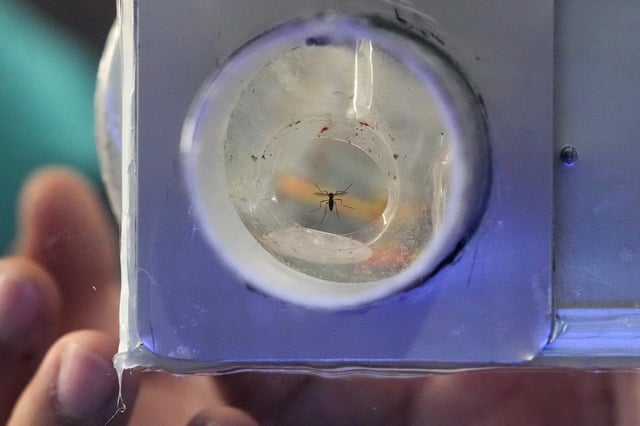Overview
- The Addition Hills village in Mandaluyong City is offering one peso for every five mosquitoes or larvae turned in by residents, as dengue cases rise sharply in the Philippines.
- The country has recorded 28,234 dengue cases so far this year, a 40% increase compared to the same period in 2024, with multiple areas declaring outbreaks, including nearby Quezon City.
- Critics warn the mosquito bounty program could backfire if individuals start breeding mosquitoes for financial gain, though village leaders plan to halt the initiative once cases decline.
- Health officials emphasize the importance of cleaning mosquito breeding sites and using preventive measures like insect repellents, as intermittent rains and climate change contribute to stagnant water pools.
- Dengue, a mosquito-borne viral infection, has led to 10 deaths in Quezon City this year, mostly children, and symptoms range from fever to severe complications like organ failure.



